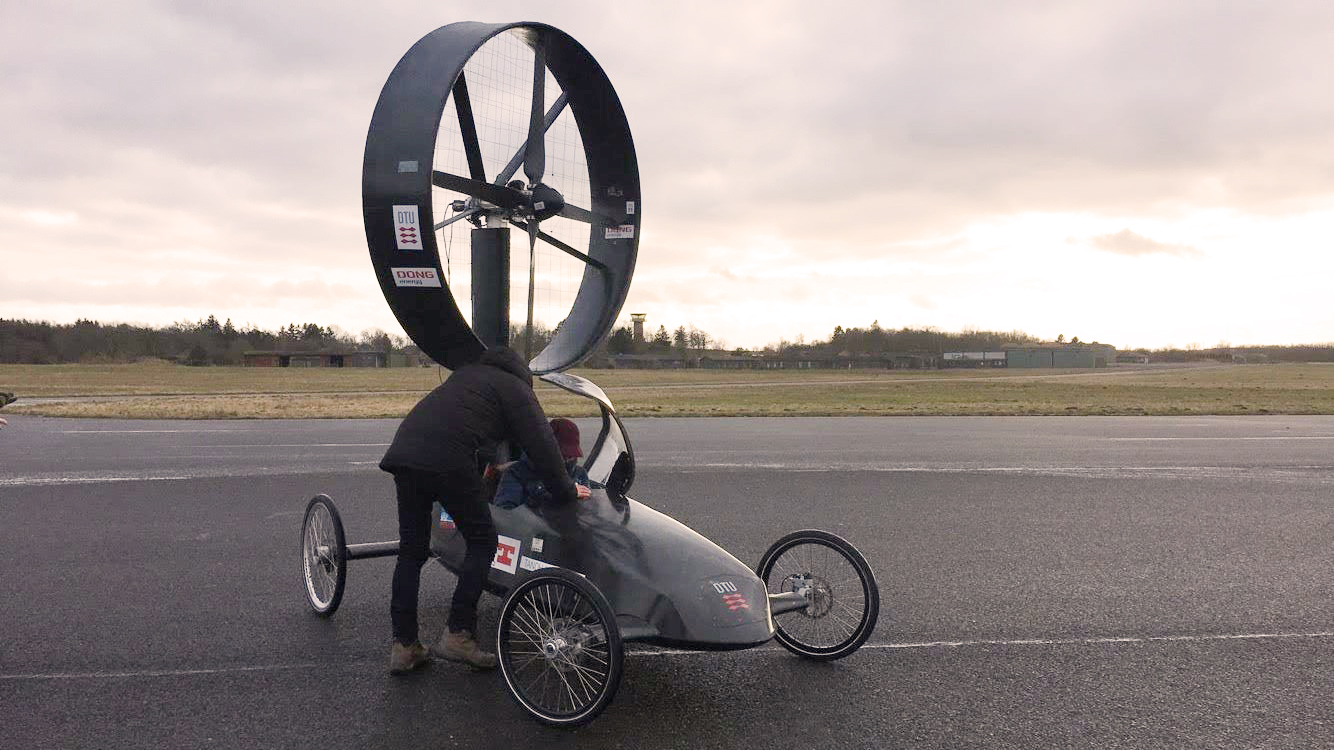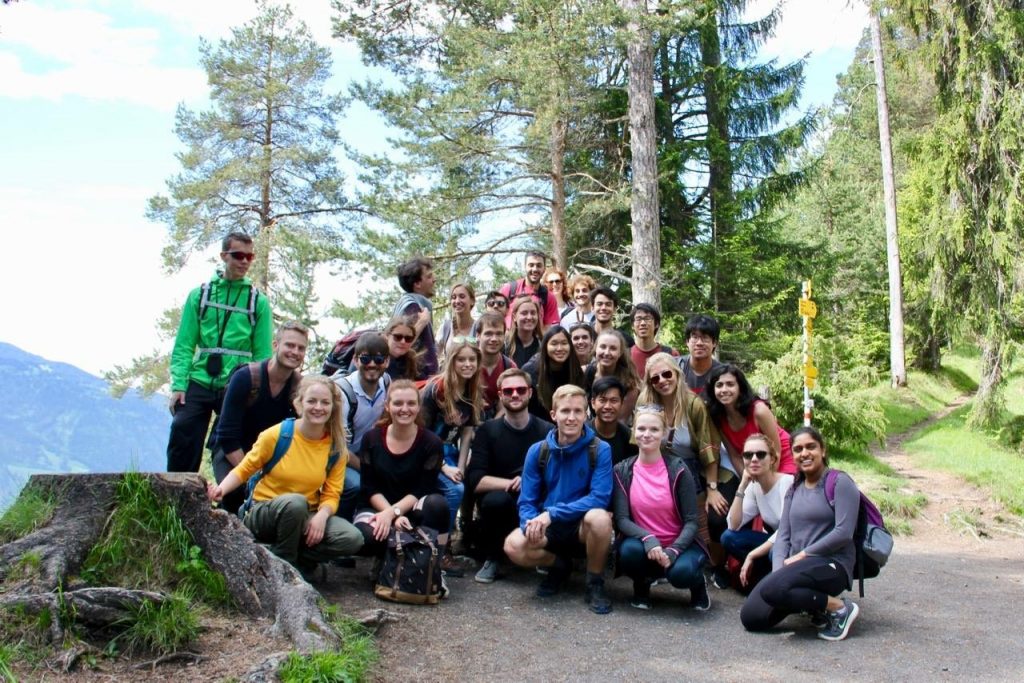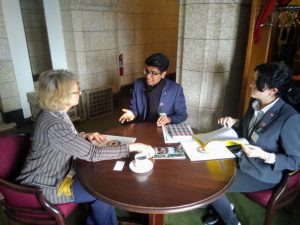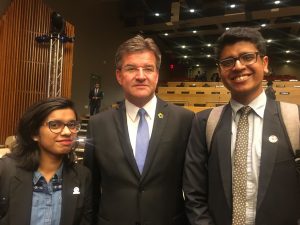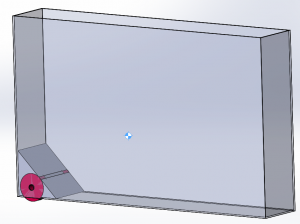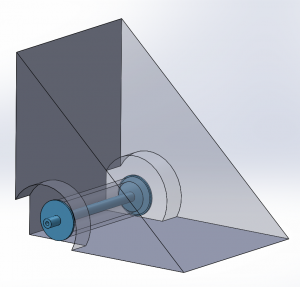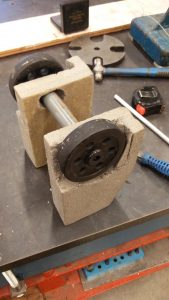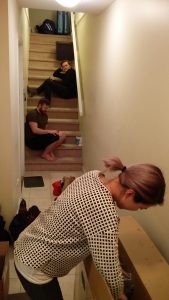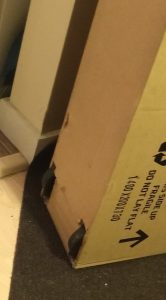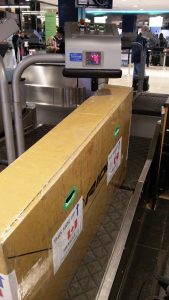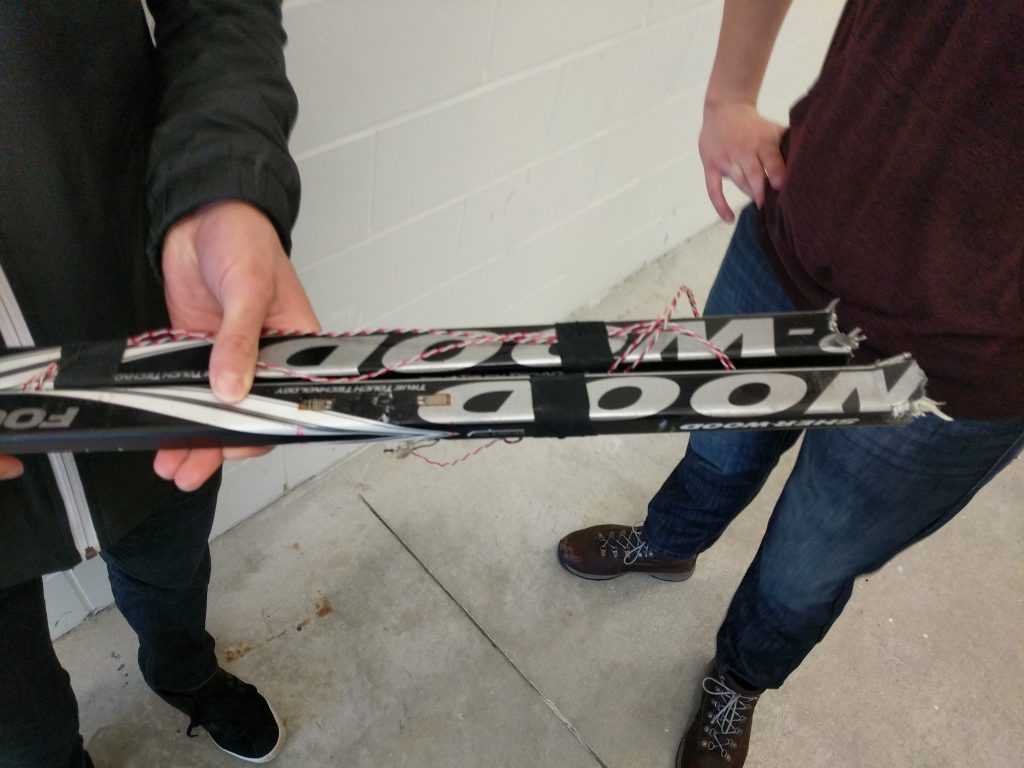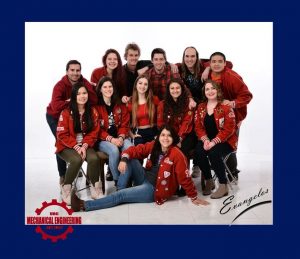HEY readers! I missed you all. It’s been almost three months since I’ve come back from Denmark. There’s so much to cover. One of the topics in this blog are the Mechanical and Energy Engineering courses I took at Denmark Technical University (DTU). Furthermore, I will talk about the job market in Copenhagen. Of course, there are also the people I’ve met, whether professors, students, or industry professionals.
So firstly, the courses I took at DTU included some of the standard requirements for UBC Mechanical Engineering, such as Mechanical Vibrations and Manufacturing Technologies. These courses covered the standard content and material. Perhaps the only difference is that Mechanical Vibrations course did not have a laboratory portion at DTU. Instead, we had assignments in Matlab that simulated the displacement and velocity measurements we would get from real life vibrations. Manufacturing Technologies was a distance-learning course. It also had a more interesting content, covering metallurgy (the design and manufacturing of cast components), glass-making, and how to select the best processes for a desirable product function and performance. Both of these courses were considered to be Bachelor level at DTU. However, most of the technical electives I chose were at Master level.
Wind Turbine Racer
Trying to get a grasp around how wind power operates in Denmark, I selected technical electives tailored towards my goal. The Wind Turbine Racer course was one of the most interesting courses I’ve ever taken. It was the equivalent of a design team at UBC, but with the added support from a professor and an assistant professor and the resources provided by DTU. The class was very small, containing only 7 students. However, only 2 of them were Danish; other students in the course were from Columbia, US, and Spain. Just like most of my other courses, I was the only Canadian. In this course, we were trying to optimize a wind turbine racer that generated forward propulsion when wind speeds were high. It could drive up to 113.1% of the wind speed (which is between 6m/s and 10m/s or 22km/h and 30km/h). The turbines spun on a shaft connected to bevel gears and would in turn translate the rotational energy to the rear axle of the car. There are many potential areas for optimization. We learned that we can perhaps install a feedback loop that angles the turbine perpendicularly towards the direction of the wind. That was a major implementation. Smaller ways of improving the vehicle was to play with the curvature of the turbine shield, length of turbine blades, and the efficiency of the gear train.
Energy Systems Analysis and Optimization
Another course I took was very relevant to a potential career path. In Energy Systems Analysis and Optimization, we used thermoeconomic modelling to design cogeneration plants that were more efficient than conventional power plants. Approximately 11% of electricity and heat demands in today’s European society are met using cogeneration technology. In Denmark, electricity supply system operates at 65% efficiency overall [1]. This proved to give more than environment improvements, but it also has long term economic implications that electrical power corporations are interested in, especially when implemented at a regional or national level. We used Engineering Equation Solver (EES) to simulate the power and heat outputs of real life systems of heat exchangers, steam turbines, and boilers. Heat recovery steam generators (HRSG) are used to absorb the energy from hot exhaust gases released by gas turbines. Using thermoeconomic models, we designed HRSG for a real life gas turbine cycle. Overall, this course taught me how to design components of energy systems at a micro level. At a macro level, I needed to know how electricity generated was distributed in the Danish and Scandinavian power systems.
Power Systems Balancing with Large Scale Wind Power
Starting with basic concepts of different types of wind turbines, Power Systems Balancing course built up to the dynamic simulation models for power balance control. With large scale integration of fluctuating wind power into conventional power grid, the challenge arises concerning whether operation can be reliable [2]. When wind power decreases unexpectedly, an imbalance is created in the power system that could lead to power outages and dangerous shutdowns. To prevent this, conventional electricity generating units are necessary as backup that can respond quickly. By creating a feedback loop, measurements of wind power output is used to regulate amount of power produced from conventional power plants [2]. This sums up the technical electives I took at DTU.
Job Market in Copenhagen, Denmark
Two fields of engineering jobs stood out very clearly above others, pharmaceutical and information technology. Copenhagen, and Denmark at large, is home to some of the world’s leading pharmaceutical companies, such as Novo Nordisk. Surprisingly, Denmark is ranked one of the lowest users of pharmaceutical products among OECD countries [3]. The result is a huge export to other countries. The amount of pharmaceutical product exported has tripled within the last decade [3]. Even though this field is not blatantly related to Mechanical Engineering, there are opportunities in quality control and process validation. One of my friends in Industrial Engineering landed an internship with Novo Nordisk using his skills for industrial layout optimization.
The second most frequently posted jobs relate to information technology. This includes software development, data management, and network architecture. Companies like Cisco, Microsoft, and even non-software dominant companies like Siemens Gamesa Renewable Energy has many job postings within this field. How does that relate to mechanical engineering? Computer simulations like computational fluid dynamics, finite element analysis, and dynamic modelling are some key technical electives that the department provides. Outside of the courses, I’m learning Python and other software languages on my own, and will take exams to attain certificates. Evidently, the job market in Denmark isn’t tailored towards mechanical engineering. This challenge simply means we need to be flexible to changes in the society.
Life in Copenhagen
Copenhagen is a curious city. It has all the charms of Scandinavian architecture, with its green spiraling church tops and rustic brick exteriors. The infrastructure was an old legacy, but everything else was new. From trendy restaurants and cafes to the brand name clothing lines, the gleaming store fronts belie how crammed it is inside. Every nook and cranny of space was precious, as seen by the tiny washrooms that seem to be carved into the walls. As always with older infrastructures, retrofitting was not the only challenge. Reliability of electricity supply was also a question. Sometimes an intersection in the middle of the city would not light.
Despite its modernity, available products were not as abundant as in Vancouver. It took me a while to discover that underneath the veil was an undeniable better quality of life. The Danes might not show it in the fancy products they use, wear, and consume, but they show it in how much they enjoy what little they have. I discovered you can pick up anything in a store and it would be of great quality. For instance, a variety of the cheapest store brand food like oatmeal, vegetables, fruits were organic. Organic wasn’t just a healthier alternative, it was pretty much integrated in everyday life. Consuming these affordable organic food products actually made a difference in how my body feels. This led me to think that maybe it is exactly this brand-driven, commercialized mentality that’s hindering us to get money’s worth of quality in Vancouver.
Aside from commodities, the quality of life in Copenhagen was much better because of the social securities that Danish government provides. All of my Danish classmates received free university education. In addition, they were subsidized with monthly living allowances that they did not have to pay back. This enables such them to be financially stable and stress-free during their university years. Being a Canadian student, I could not enjoy the Danish financial benefits. However, I found a job and was able to take advantage of the high wages in Copenhagen. I also appreciate seeing this social system in action and the massive impact it has on the way of life.
I really enjoyed writing about my study abroad experience and hope you enjoyed reading it. If you have any questions, please comment down below. I look forward to chatting with you.
Kirsten
